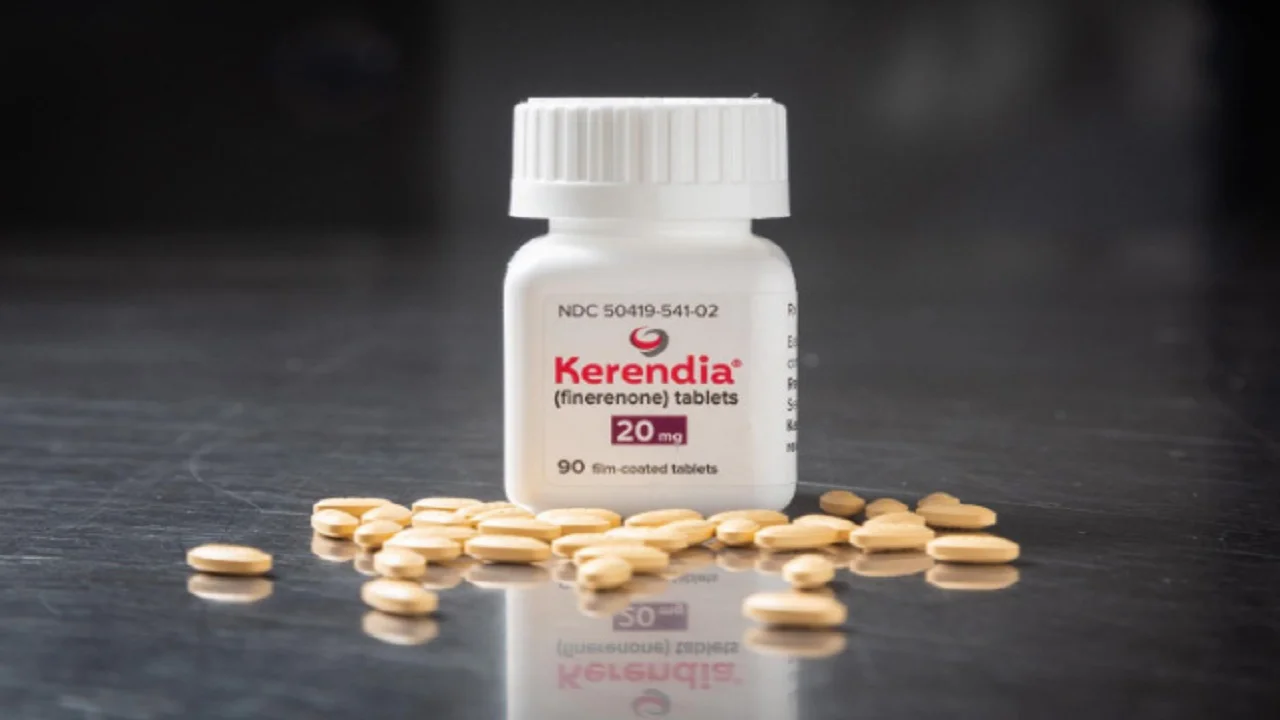Informative Resources
Curated with the latest Blogs, Videos, Case Studies and PPTs.

About This Site
Welcome to Cardio Blogger, where the rhythm of education meets the beat of your heart. As a dedicated cardiologist, My mission is to provide students and individuals with expert insights, up-to-date information, and invaluable resources on all things related to cardiovascular health. Whether you’re a medical student seeking to expand your knowledge or someone looking to take charge of your heart’s well-being, Cardio Blogger is your go-to destination for comprehensive, easy-to-understand articles, videos, and resources. Join us on a journey to a healthier heart and a brighter future.
About Author
Dr. M Sudhakar Rao
Consultant – Cardiology
MD | DM (Cardiology) | FACC | FESC | FSCAI
Field of Expertise
- Imaging And Physiology Guided Coronary Interventions
- AV fistula Access Angioplasty
- Complex Coronary Lesions Bifurcations
- Complete Total Occlusions And Rotational Atherectomy
- Vast Experience with Central Vein Interventions and Carotid Artery Interventions

Why learn from Cardio Blogger
Your Heart’s Trusted Guide
Expert Insights
Our experienced cardiologist and educator is dedicated to simplifying complex cardiology concepts. We break down the science, making it easier for students of all levels to grasp.
Patient-Centered Approach
We understand that every individual is unique. Our content is designed to empower you with personalized tips and strategies for better heart health, no matter your background or current health status.
Stay Ahead of Trends
CardioBlogger is your radar for emerging trends and breakthroughs in cardiology. We keep you informed about what's on the horizon in the world of heart health.







